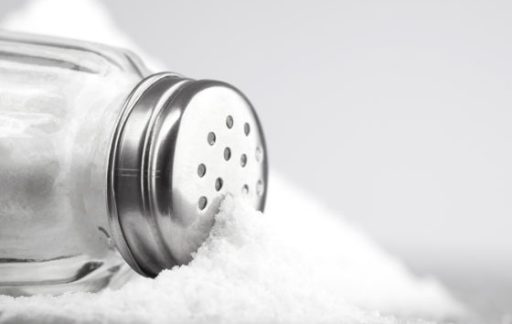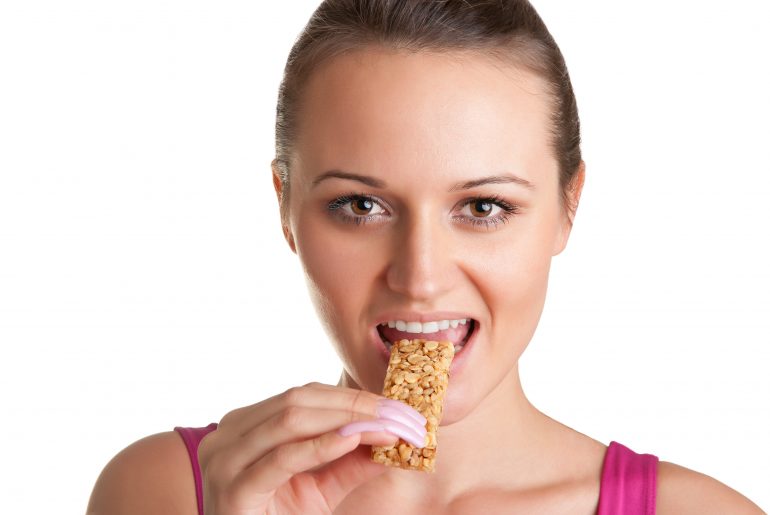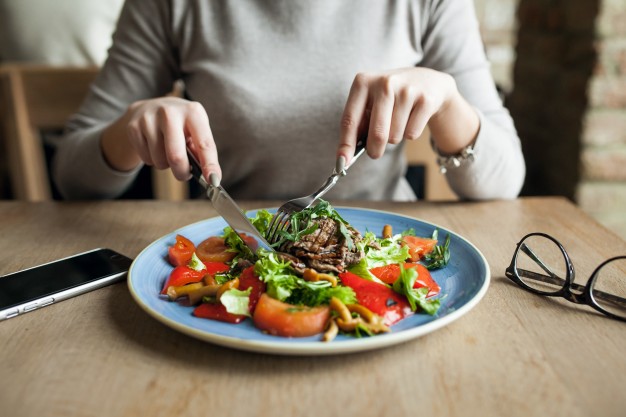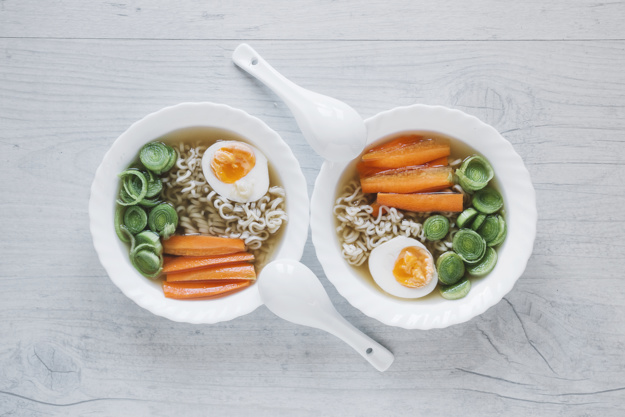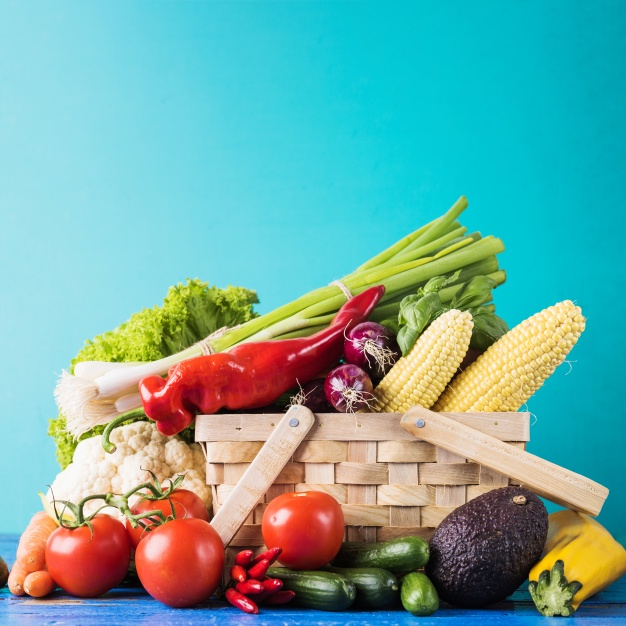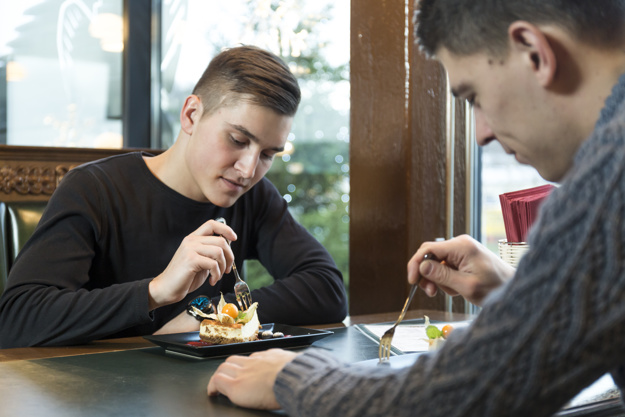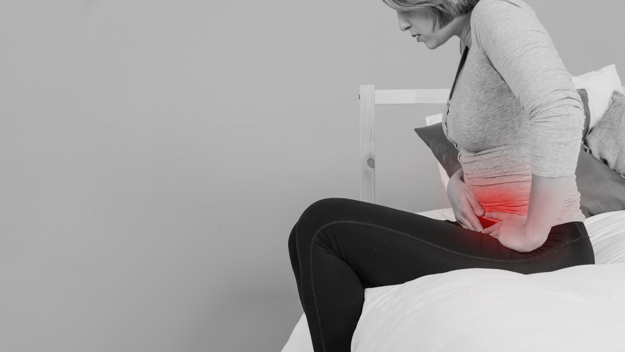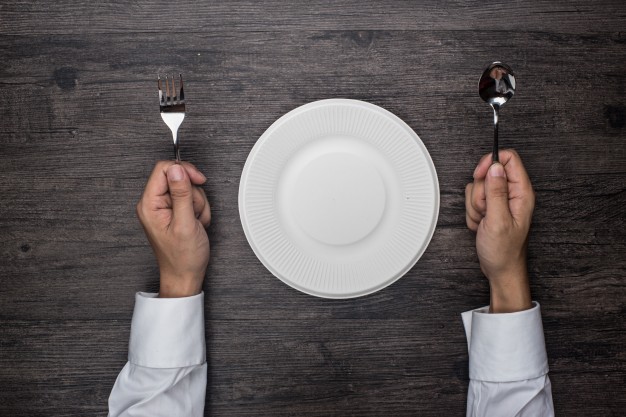Sometimes, it’s nice to take life -read food -with a pinch of salt. Or even a few more. Somewhere down the line, salt has gotten a bad rap. It has been battered and bruised in advertisements and dragged through the proverbial mud on the doctor’s table. The condemnation this condiment has been receiving over the years has been confounding.
Yes, an excess of salt is bad but there’s actually no need for more than the daily requirement of 3 grams a day or a little less than a teaspoon. (And since this is the upper limit, a little less can be consumed).But there’s also absolutely no reason to go without it. We need a little salt or sodium every day. Sodium is crucial to maintaining the fluid balance in our bodies, to help send nerve impulses as well as assist with contraction and relaxation of muscles.
What are the different kinds of salt out in the market? And what sets them apart? A few facts.
SEA SALT OR CELTIC SEA SALT
This is an unrefined, unprocessed salt with a unique flavour profile. Sea salt, as its name suggests, is made from evaporating sea water.
ROCK SALT OR HIMALAYAN PINK SALT
`Kala namak’, that nimbupani staple, is found in the Himalayan regions. Again, this is unrefined and adds an interesting dimension of flavour to whatever you prepare.
GARLIC OR CELERY SALT
These flavoured salts are the magic that happens when table, rock or sea salt are combined with dried garlic or celery. They will make a beautiful contribution to your next dish.
REFINED IODIZED SALT
You probably already have this, but just in case you don’t, this is your usual table salt that is mixed with io dine, which has a crucial role in preventing intellectual and developmental disabilities.
The above differ mildly on mineral content and taste but it’s incorrect to assume that one is healthier than the other. And it’s best not to consume salt to get your daily quota of minerals when fruit and vegetables are far better sources for this vital micronutrient.
The only thing to ensure is that you aren’t doing on your daily salt intake. Do remember that there are hidden salt mines buried deep within your favourite packaged and processed foods. Salty foods include additives that contain sodium. Like cold cuts, bacon, microwave or ready to-eat meals, cheeses, soups… the list goes on. Do check the nutritional label when buying these foods, especially if your doc would like you to clamp down on the sodium.

